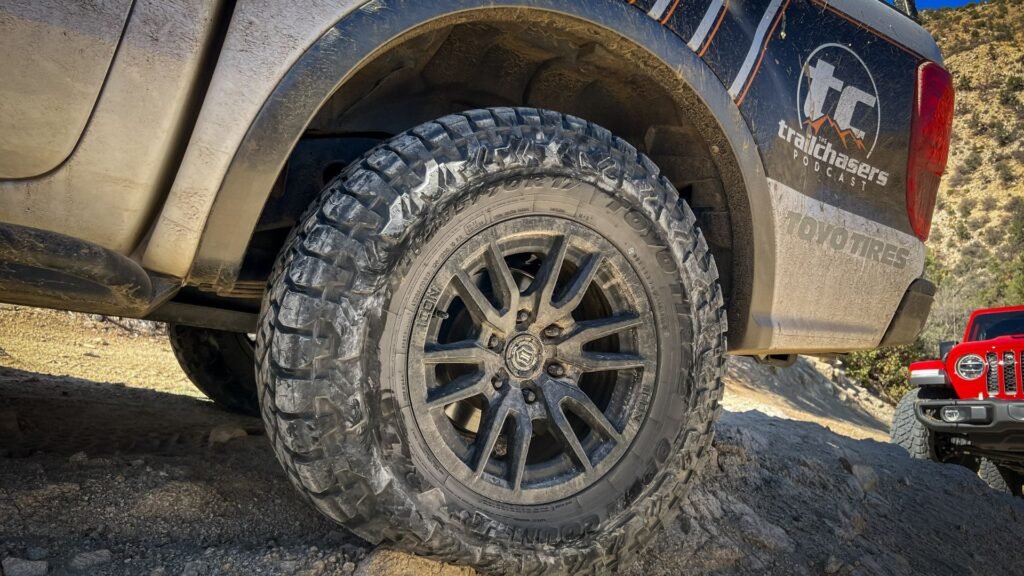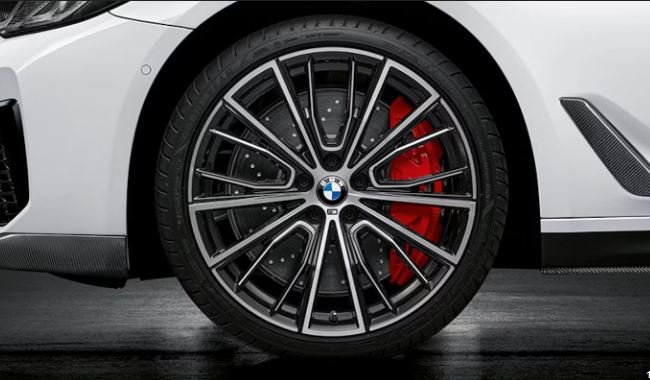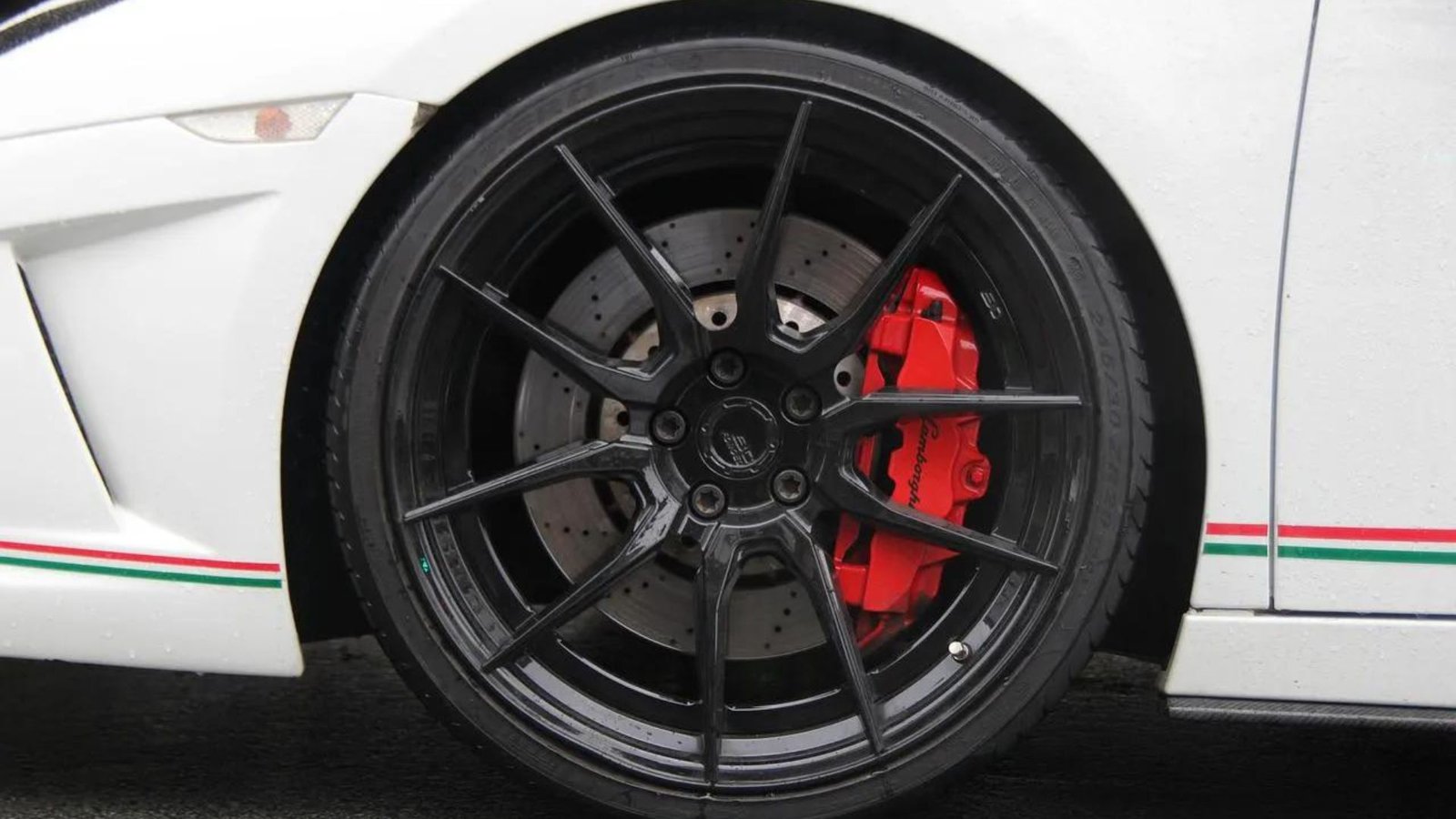When it comes to off-roading, having the right car wheels is essential for both performance and safety. Off-road conditions can be tough on your vehicle, so choosing wheels designed to handle rough terrain can make a big difference. This guide will help you identify the best car wheels for off-roading, focusing on key features, materials, and designs that enhance durability and performance.

1. Durable Materials
Steel Wheels
Overview: Steel wheels are known for their robustness and ability to withstand harsh conditions.
Key Features:
- High Strength: Steel wheels are strong and can handle impacts from rocks and uneven terrain.
- Cost-Effective: Typically more affordable than alloy wheels, making them a popular choice for off-roading.
Benefits:
- Impact Resistance: Less likely to crack or bend under extreme conditions.
- Easy Repairs: Steel wheels are easier to repair if damaged compared to alloy wheels.
Forged Aluminum Wheels
Overview: Forged aluminum wheels are lightweight and highly durable, making them ideal for off-roading.
Key Features:
- High Strength-to-Weight Ratio: Offers strength while remaining lighter than steel wheels.
- Enhanced Performance: Better performance in terms of handling and acceleration on rough terrain.
Benefits:
- Reduced Weight: Improves vehicle handling and fuel efficiency.
- Durability: Highly resistant to cracks and deformation.
2. Wheel Size and Width
Larger Diameters
Overview: Larger wheels can improve ground clearance and approach angles, which are beneficial for off-roading.
Key Features:
- Increased Ground Clearance: Helps navigate over obstacles and rough terrain more effectively.
- Improved Approach Angles: Allows for better entry and exit angles when tackling steep inclines.
Benefits:
- Enhanced Off-Road Capability: Reduces the risk of damage from rocks and uneven surfaces.
- Better Obstacle Clearance: Helps avoid scraping the underside of the vehicle.
Wider Widths
Overview: Wider wheels provide better stability and traction on loose or uneven surfaces.
Key Features:
- Improved Traction: Wider contact patches enhance grip on sandy or muddy terrain.
- Increased Stability: Provides a more stable driving experience on rough surfaces.
Benefits:
- Enhanced Grip: Better control and traction on challenging terrain.
- Improved Vehicle Stability: Reduces the likelihood of tipping or losing control.
3. Tire Compatibility
Beadlock Wheels
Overview: Beadlock wheels are designed to securely hold the tire bead in place, preventing the tire from coming off the rim during extreme off-roading.
Key Features:
- Locking Mechanism: Uses a metal ring to lock the tire bead against the rim.
- Enhanced Traction: Allows for lower tire pressures without risking bead separation.
Benefits:
- Prevents Tire Slippage: Ideal for navigating through extremely rough terrain and rocky paths.
- Increased Durability: Better suited for aggressive off-roading conditions.
High-Quality Off-Road Tires
Overview: Choosing the right tires is as important as selecting the right wheels. Off-road tires should match the wheel size and offer specific features for off-roading.
Key Features:
- Aggressive Tread Patterns: Provides better traction and self-cleaning capabilities.
- Reinforced Sidewalls: Offers additional protection against punctures and impacts.
Benefits:
- Improved Off-Road Performance: Enhances grip and stability on loose or uneven surfaces.
- Enhanced Protection: Reduces the risk of tire damage from rough terrain.
4. Wheel Design Features
Ventilated Designs
Overview: Ventilated wheels improve brake cooling by allowing better airflow around the brakes.
Key Features:
- Cooling Vents: Integrated vents or openings in the wheel design.
- Enhanced Heat Dissipation: Helps prevent brake fade and overheating.
Benefits:
- Improved Brake Performance: Reduces the risk of brake failure during extreme off-roading.
- Increased Safety: Maintains optimal brake temperatures for better control.
Robust Construction
Overview: Wheels with robust construction are designed to withstand the stresses of off-roading.
Key Features:
- Reinforced Rims: Offers additional strength to handle impacts and rough terrain.
- Thicker Spokes: Provides extra support and durability.
Benefits:
- Increased Durability: Better able to resist damage from rocks, bumps, and rough surfaces.
- Enhanced Reliability: Reduces the risk of wheel failure during off-road adventures.
5. Maintenance and Care
Regular Inspections
Overview: Regularly inspecting your wheels for damage is essential for off-roading.
Key Tips:
- Check for Cracks and Bends: Look for any signs of damage after each off-roading trip.
- Inspect for Rust: Regularly clean and protect steel wheels to prevent rust.
Benefits:
- Maintains Safety: Ensures that your wheels are in good condition for safe off-roading.
- Extends Wheel Life: Regular maintenance can help prolong the life of your wheels.
Proper Cleaning
Overview: Keeping your wheels clean helps prevent buildup of dirt and debris that can affect performance.
Key Tips:
- Clean After Each Use: Remove mud, dirt, and grime to prevent corrosion and damage.
- Use Appropriate Cleaners: Avoid harsh chemicals that can damage wheel finishes.
Benefits:
- Prevents Corrosion: Reduces the risk of rust and deterioration.
- Maintains Appearance: Keeps wheels looking good and functioning properly.
Conclusion
Selecting the best car wheels for off-roading involves considering factors such as material durability, wheel size, tire compatibility, and design features. Wheels made from strong materials like steel or forged aluminum offer the durability needed for rough terrain, while features like beadlock capabilities and ventilated designs enhance performance and safety. By understanding these key aspects, you can choose wheels that will help you tackle off-road challenges with confidence and improve your overall off-roading experience.



